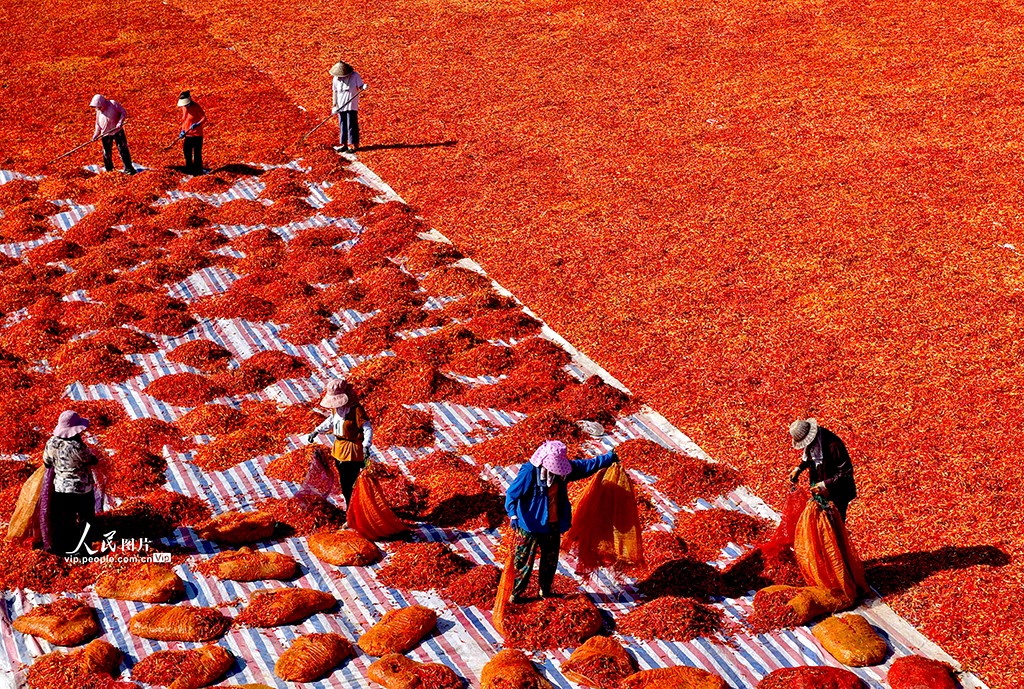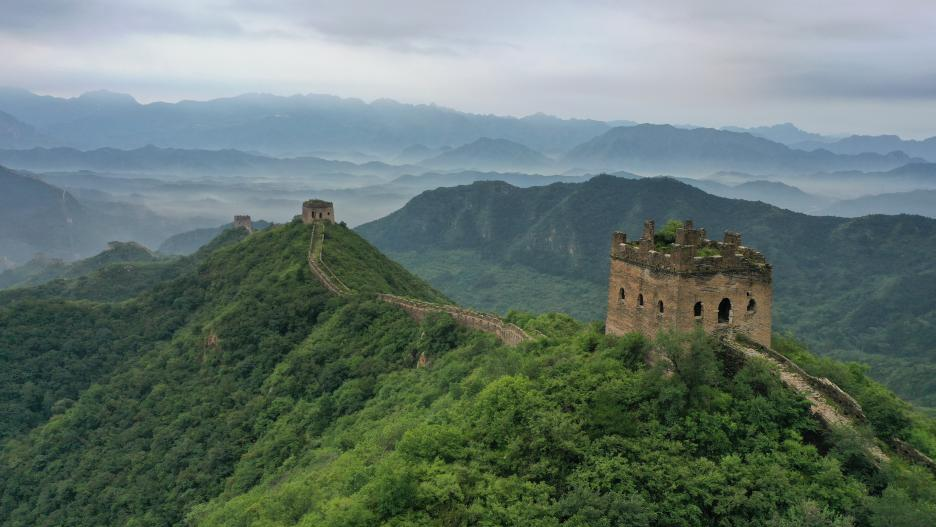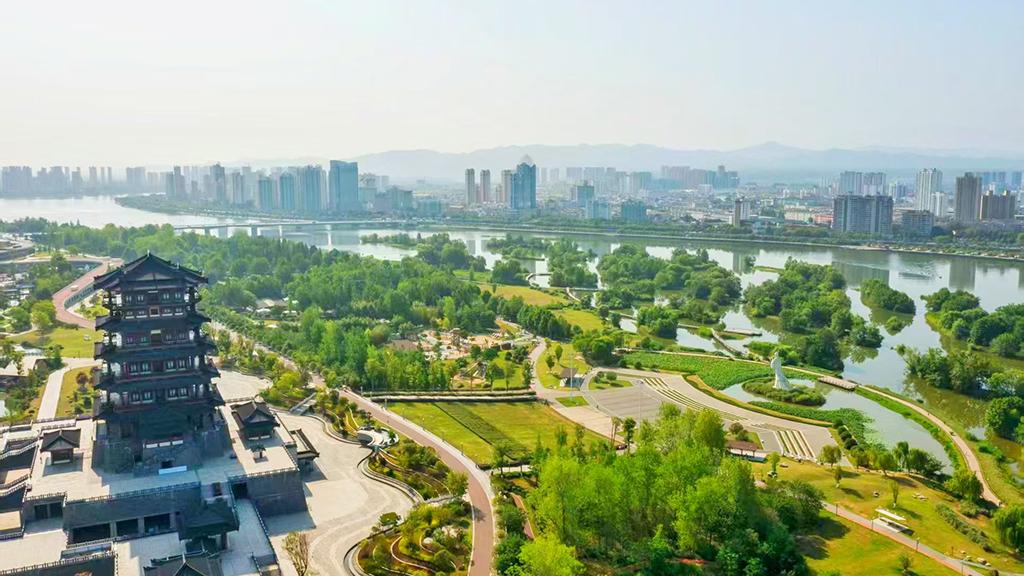Xi Story: Xi's enduring bond with Xizang mirrors region's dramatic transformation
LHASA, Aug. 19 (Xinhua) -- Nestled in the mountains of southwest China's Xizang Autonomous Region, a small village recently received a special letter from Beijing -- thousands of kilometers away -- reigniting villager Dawa Gyaltsen's cherished memories from four years prior.
"Learning that the village has undergone new changes in recent years and villagers' incomes have increased, I feel happy for you," the letter reads.
Dated June 2025, the message came as a reply from Chinese President Xi Jinping. It arrived in a year of special significance: the 60th anniversary of the founding of Xizang Autonomous Region.
For Dawa Gyaltsen, the letter was both a personal treasure and a source of motivation. "In recent years, we have vigorously developed the 'peach blossom economy.' Our roads are wider, and our lives are richer. We'd be honored if President Xi could revisit us and see these changes," he said.
His mind drifted back to 2021, when Xi, during an inspection tour of Xizang, visited his home in Galai Village -- examining the grains bag by bag, sampling traditional Tibetan cheese, and engaging in a heartfelt conversation.
Galai, a picturesque village in Nyingchi, boasts over 1,000 peach trees, some dating back more than six centuries. Yet, it was only in recent years that rural tourism blossomed into a pillar industry, transforming local livelihoods.
"In the past, wild peach trees were felled for firewood. Today, we've come to realize that 'lucid waters and lush mountains are invaluable assets,'" Penpa, the village's Party chief, told Xi.
Peach blossoms, long revered in Chinese culture as emblems of pastoral beauty, now draw flocks of visitors to Galai each spring for its vibrant festival, aided by the convenience of a nearby highway. This "peach blossom economy" has become a reliable source of prosperity for the villagers.
With pride, Dawa Gyaltsen recounted his family's diversified income streams -- from transportation services and construction equipment to dividends from Peach Blossom Valley tourism.
"That adds up to several hundred thousand yuan -- a happy family indeed," Xi said with a smile.
Xi's connection with Xizang stretches back decades. In 1998, as Fujian Province's deputy Party chief, he first set foot in the region while overseeing developmental support initiatives. The poor and dangerous road conditions left Xi with a deep impression. "At a narrow section, we had to get off to move two logs to get through. Those officials heading to Medog had to arrive there by horse," he later recalled.
Medog, also in Nyingchi cradled deep in the Himalayas, was once China's only county without highway access. Xi kept a close watch on its progress. In March 2013, during his first participation in the annual session of the national legislature after taking office as general secretary of the Communist Party of China Central Committee, Xi joined lawmakers from Xizang in a deliberation session.
He asked Padma Chodron, a lawmaker hailing from Medog, whether the highway had opened.
"When I told him it would open soon, he nodded with a smile," Padma Chodron recounted.
That same year, the 117-kilometer Medog Highway finally ended the county's isolation, revolutionizing travel, education, and healthcare access. Under Xi's leadership, Xizang has witnessed sweeping advancements in policy, infrastructure, and economic vitality.
From 2012 to 2024, the region's road network nearly doubled to 120,000 kilometers, linking every town and village. Nine pillar industries -- spanning clean energy, cultural tourism, and ecological development -- now flourish, propelling the regional GDP to 276.5 billion yuan (about 38.7 billion U.S. dollars) in 2024, a staggering 155-fold increase from that of 1965. By 2024, the urban and rural per capita disposable income were 121 times and 199 times the 1965 level, respectively.
In Xizang, as across China, all rural residents have been lifted out of extreme poverty. Daily life has become markedly more prosperous and modern -- for example, all townships and 70 percent of villages now have access to 5G networks.
"From carrying water in buckets to turning on taps, from oil lamps to electric lights, and from dirt paths to paved roads -- our farmers and herders now live vastly better lives," Xi observed.
Photos
Related Stories
- Xizang to inject additional expenditure into livelihood projects
- Pic story: inheritor of Lhasa costume making technique in China's Xizang
- Exploring cultural integration at source of Tibetan civilization in Shannan
- Pic story: inheritor of Tibetan clothing making technique in Lhasa, China's Xizang
- View of Milky Way above Baiku Co in SW China's Xizang
- China's Xizang improves protection of intangible cultural heritage
Copyright © 2025 People's Daily Online. All Rights Reserved.









